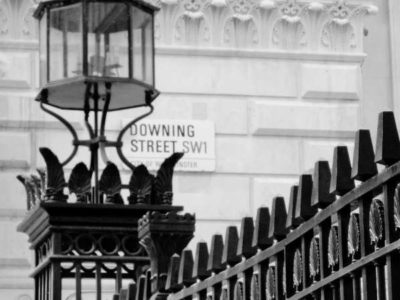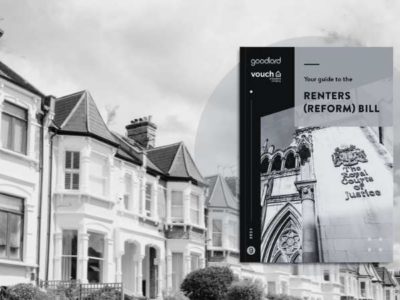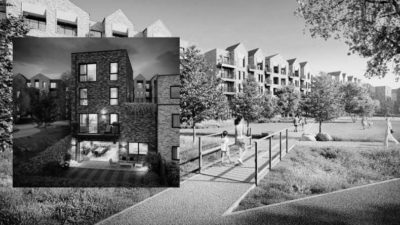The campaigning is over – the 2019 general election has begun.
In a matter of minutes, polling stations are expected to open all over the country, as millions of people prepare to cast their votes, in an election which is expected to have a significant impact on the UK housing market.
Brexit has been one of the major factors at play, affecting the UK’s political climate, as well as sentiment in the UK housing market, in recent years. Some of this may be evident, as seen in new survey data which recently came to light, suggesting that the construction sector shrank for the seventh month in a row, in November.
The incumbent Conservatives, led by Prime Minister Boris Johnson, seek to retain power, after almost a decade in government. The Labour Party, led by Jeremy Corbyn, is attempting to transform itself from a party of opposition to one of government.
Polls will remain open until 10pm this evening, when the first exit polls will be disclosed. Following this, several hours of intensive vote counting will commence, before results are expected to begin trickling through, on a seat-by-seat basis.
Millions of Brits go the polls
This year’s general election has the distinction of being the first general election held in the 21st Century, outside the usual springtime election season. After MPs agreed to the Prime Minister’s demands for a snap election back in November, the campaign lasted a grand total of five weeks.
Scrappage of Section 21 is a near certainty, regardless of the outcome of today’s vote, as the Conservatives, Labour and the Liberal Democrats all support its removal.
The election will revolve around results from as many as 650 constituencies, and any party wishing to form a government would ideally seek to win at least 326 seats or more, to ensure that they win a majority in Parliament.
For the past two and a half years, the Conservatives remained in government despite lacking a majority, as they formed a confidence and supply deal with the Democratic Unionist Party (DUP).
According to the Office for National Statistics, there were 45.8 million people registered to vote in the UK back in December 2018, to give you an idea about the number of potential votes that could be cast in this election.
Turnout will be a key indicator, as it has risen consecutively in recent elections, from a low of 59.4 per cent in 2001 to 68.8 per cent in 2017. However, turnout has failed to breach the 70 per cent threshold since the 1997 election, which is remembered for resulting in a landslide victory by the Labour Party.
The election in context
One of the biggest features of this year’s general election is the fact that it is the third election in four years.
The Conservatives wish to ensure the building of 300,000 new homes each year by the mid-2020s. There is something of a cross-party consensus on addressing the UK’s chronic housing shortage in this way, as Labour wishes to build more homes too, but with an emphasis on ensuring that more of these homes are built in the form of council or social housing.
The Liberal Democrats also wish to boost housebuilding, but on a more local level, candidates have suggested more radical ideas like hiking council tax on empty properties, to increase the supply of housing in Newark.
The last time elections were held with such frequency in the UK was during the mid-1970s, when there were two separate elections held eight months apart in 1974, at the height of the first oil shock. The increasing frequency of elections is typically a sign on political impasse, and one inconclusive vote can often suggest the increasing likelihood of another in quick succession.
For example, Spain has just held its fourth election in four years, and each new election during this period has presented Spaniards with increasingly inconclusive results. Each new election has made it harder for the political parties to forge a majority government, and end the political stalemate the country faces.
This year’s election is to be the 20th to be held since the end of the Second World War, and the Fixed-term Parliaments Act outlines that the following election is by default scheduled to be held in early May 2024.





















Comments